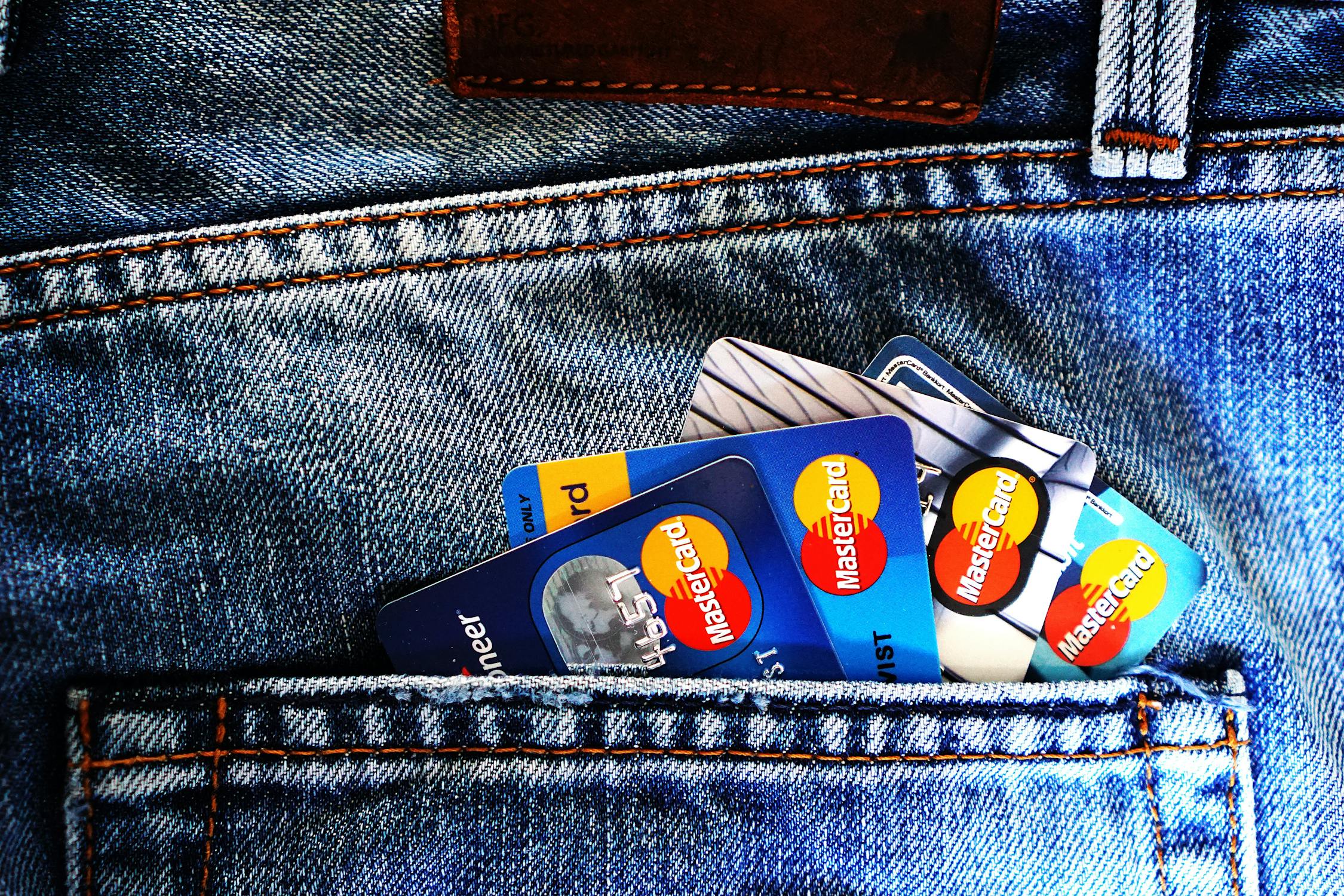
Student loan debt is a significant challenge for millions of Americans. According to recent data, the average students in America graduates with tens of thousands of dollars in student loan debt, thereby, making repayment an overwhelming journey.
However, with strategic plannings, managing your student loans and achieving faster repayment is very possible. This article focuses on effective ways United States residents can deal with student loan debt and work toward a debt-free future.
1. Understand Your Student Loans
The first step in managing student loan debt is understanding the type of loans you have secured. Are they federal loans or private loans? Federal loans often come with more advantages compared to private loans including low interested rate, earning-based repayment plans and loan forgiveness programs, while private loans typically have stricter terms and less repayment options.
Key details to note:
• Interest rates: Federal loans do have fixed rates, while private loans may have variable rates.
• Repayment terms: Understand the duration of your repayment period.
• Loan servicer: identify the provider managing your loan payments.
You can use tools like the Federal Student Aid (FSA) website to help you track your federal loans, while private lenders will provide documents that shows the details of your balances and terms.
2. Create a Budget That Includes Your Loan Payments
Applying practical budget is crucial for managing debt. You can start by listing your monthly income, fixed expenses like rent, utilities, car payments, internet and cable subscriptions, and variable expenses like groceries, clothings, transportation cost and entertainment. Then, allocate a portion of your income toward your student loans.
If your budget is tight, look for areas to cut back, such as: limiting dining out or delivery services, canceling unnecessary subscriptions, considering public transportation, using budgeting apps to help you track expenses and prioritize loan payments.
3. Explore Federal Income-Based Repayment Plans
For United States residents with federal student loans, Income-Driven Repayment (IDR) plans are a valuable option to help ease monthly payments based on income and family size, thereby, making them more affordable. The four major IDR plans include: Income-Based Repayment (IBR), Pay As You Earn (PAYE), Revised Pay As You Earn (REPAYE) and Income-Contingent Repayment (ICR).
The payments can be as low as $0 if your income is below some certain threshold. After 20–25 years of qualifying payments, any remaining balance may be forgiven. However, it is important to Keep in mind that forgiven amounts might be taxable under the current United States tax laws.
4. Consolidate Your Loans for Better Terms
If you have private loans, or a combination of federal and private loans, you may consider consolidating them. Consolidation involves refinancing your loans into a new one with a potentially lower interest rate or shorter repayment term, which will save you money over time.
However, United States residents with federal loans should be cautious with consolidation, as refinancing federal loans with a private lender means losing access to federal benefits like IDR plans and loan forgiveness programs. You should consider refinancing only if the interest savings outweigh these potential drawbacks.
5. Pay More Than the Minimum
While making minimum payments keeps your loan in good standing, paying more than the minimum can help reduce the total interest you pay and shorten the duration of your repayment.
For example, adding an extra $100 in monthly payments can save thousands in interest throughout the duration of your loan. If possible, apply extra payments toward the principal balance, but ensure you confirm with your loan provider that the extra amount is applied and paid correctly.
6. Take Advantage of Loan Forgiveness Programs
The United States, offers several loan forgiveness programs for federal student loans. Some of the most popular include:
• Public Service Loan Forgiveness (PSLF): this program is available to borrowers who are employed full-time for government or non-profit organizations. It was created under the College Cost Reduction and Access Act of 2007. After 120 qualifying payments, your remaining loan balance is forgiven.
• State-Specific Forgiveness Programs: Many states in America offer loan forgiveness to healthcare workers, attorneys, or other professionals comes with various advantages.
• Teacher Loan Forgiveness: For educators in low-income schools, this program forgives from $5000 to $17,500 in federal loans and comes with various advantages.
If you qualify for any of these programs, ensure you meet the requirements, such as working in a specific field or employer, and submit the necessary documents on time.
7. Use Extra Income to Pay Off Loans
Surplus like tax refunds, bonuses, or gifts can be powerful tools for reducing your student loan debt. Instead of spending that extra cash, you should apply it directly to your principal balance to make a significant payment in your debt.
For example, if you receive a $2,000 tax refund, putting it toward your loan principal can significantly reduce the duration of your loan repayment.
8. Look for Employer Assistance Programs
Some employers in the United States now offer student loan repayment assistance as part of their benefits package. These programs typically contribute a set amount each month toward your loans, helping you pay them off faster.
Be sure to check with your current employer to see if they offer these benefits. If not, consider seeking opportunities at companies that support student loan assistance, especially if you’re considering a career change in the future.
9. Start a Side Hustle to Enhance Income
Starting a side hustle to earn extra income can help fast-track your student loan repayment. You should consider going into freelancing, affiliate marketing, blogging, YouTubing, dropshiping, riding for rideshare services like Uber or Lyft, offering tutoring services and so on. Once you start earning from your side hustles, you should dedicate them directly to your student loans to speed up repayment.
10. Avoid Accumulating Additional Debt
While repaying your student loans, it’s essential to avoid securing new debt. You should implement strategies such as creating budgets, limiting credit card usage, living in affordable housing, using public transportation, taking part-time jobs and side hustles to avoid accumulating more debts
A good guideline is to set aside 3 to 6 months worth of living expenses in a separate savings account. This approach will help prevent you from depending on high-interest loans in case of financial emergencies.
11. Consult Financial Advisors
If your student loan situation feels overwhelming and difficult in repayment, consider consulting a financial advisor or credit counselor. U.S.-based non-profit organizations like the National Foundation for Credit Counseling (NFCC) offer affordable services to help you create a personalized repayment plan.
Final Insights
Student loan debt repayments can be effectively managed by understanding your loans, creating a realistic budget, exploring repayment options, and leveraging available resources such as side hustles to take control of your financial future.
Remember, paying off student loans is a marathon, not a sprint. Celebrate small milestones to stay motivated, such as paying off a specific loan or reducing your balance by a certain percentage. Track your progress using charts or debt trackers and remind yourself of the freedom that comes with being debt-free.








